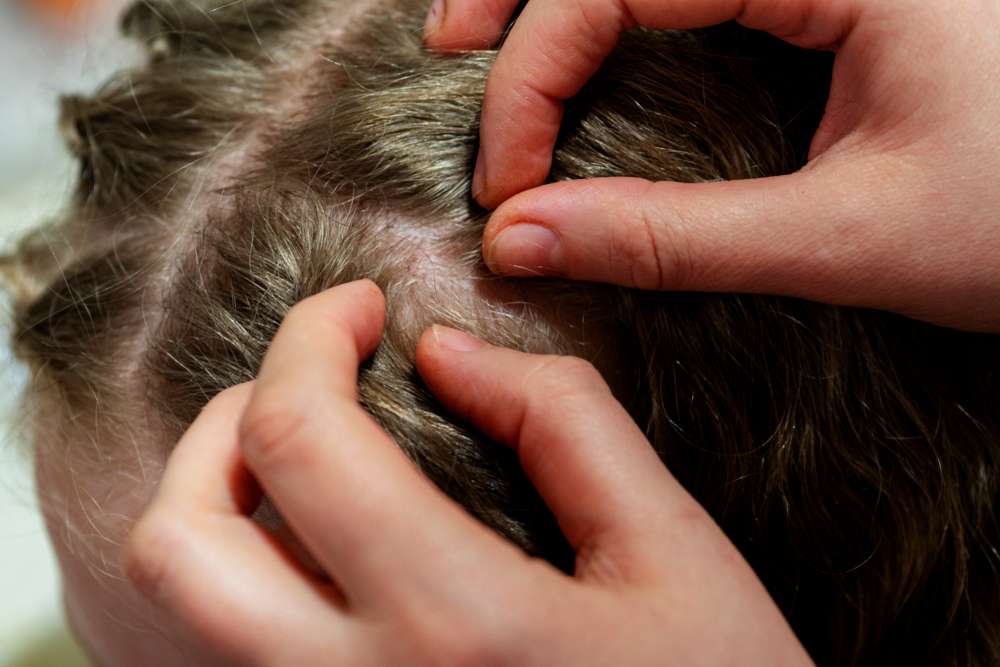From Itch to Relief: A Complete Guide to Scalp Psoriasis
Scalp psoriasis can be frustrating — the constant itching, flaking, and irritation often feel endless. In this guide, we break down what causes it, how to manage symptoms, and which treatments truly help soothe your scalp and restore comfort. Learn how to take control and find lasting relief.

Scalp psoriasis represents one of the most common forms of psoriasis, a chronic autoimmune skin condition that accelerates the skin cell production cycle. Unlike typical dandruff or dry scalp conditions, scalp psoriasis creates distinctive thick, silvery scales that can cover large areas of the scalp and often extend to the forehead, neck, and behind the ears.
What Is Scalp Psoriasis?
Scalp psoriasis occurs when the immune system mistakenly attacks healthy skin cells, causing them to multiply at an accelerated rate. Normal skin cells take about 28 days to mature and shed, but in psoriasis, this process happens in just 3-4 days. This rapid turnover creates the characteristic thick, scaly patches that define the condition. The scalp provides an ideal environment for psoriasis development due to its rich blood supply and the protective barrier created by hair, which can trap scales and maintain moisture levels that support plaque formation.
Common Causes and Triggers
While the exact cause of scalp psoriasis remains unknown, researchers have identified several contributing factors. Genetics play a significant role, with approximately one-third of people with psoriasis having a family history of the condition. Environmental triggers can activate or worsen symptoms, including stress, infections (particularly streptococcal throat infections), certain medications, weather changes, and physical trauma to the scalp. Hormonal changes, excessive alcohol consumption, and smoking can also exacerbate symptoms. Understanding personal triggers helps individuals develop effective management strategies.
Recognizing the Symptoms
Scalp psoriasis presents with several distinctive symptoms that differentiate it from other scalp conditions. The primary signs include thick, crusty plaques covered with silvery-white scales, intense itching that can disrupt sleep, burning or soreness in affected areas, and temporary hair loss in severe cases. The scales often flake off, resembling severe dandruff, but they are typically thicker and more adherent to the scalp. Some individuals experience bleeding when scales are removed, and the condition may cause social embarrassment due to visible flaking on clothing and shoulders.
Effective Treatment Options
Treatment approaches for scalp psoriasis vary depending on severity and individual response. Topical treatments form the first line of defense, including medicated shampoos containing coal tar, salicylic acid, or ketoconazole. Prescription options include topical corticosteroids, vitamin D analogues, and retinoids. For moderate to severe cases, phototherapy using ultraviolet light can be effective. Systemic treatments, including oral medications and biologics, are reserved for severe cases that don’t respond to topical treatments. Many patients benefit from combination therapies that address different aspects of the condition simultaneously.
| Treatment Type | Provider/Brand | Cost Estimation |
|---|---|---|
| Medicated Shampoos | Neutrogena T/Gel, Head & Shoulders Clinical | £8-15 per bottle |
| Prescription Topicals | NHS/Private Dermatology | £20-80 per tube |
| Phototherapy Sessions | NHS/Private Clinics | £50-150 per session |
| Systemic Medications | NHS/Private Prescription | £200-2000+ monthly |
Prices, rates, or cost estimates mentioned in this article are based on the latest available information but may change over time. Independent research is advised before making financial decisions.
Tips for Daily Care and Prevention
Daily management of scalp psoriasis requires gentle yet consistent care practices. Use lukewarm water when washing hair, as hot water can irritate the scalp and worsen symptoms. Apply moisturizing treatments regularly to prevent dryness and cracking. Avoid aggressive scratching, which can lead to bleeding and potential infection. Choose hair care products specifically designed for sensitive or psoriatic scalps, avoiding those with harsh chemicals or fragrances. Stress management techniques, including meditation, exercise, and adequate sleep, can help prevent flare-ups. Regular follow-up with healthcare providers ensures treatment effectiveness and allows for adjustments when necessary.
Living with scalp psoriasis requires patience and consistent management, but with proper understanding and treatment approaches, most individuals can achieve significant symptom relief. The key lies in identifying personal triggers, working with healthcare providers to develop effective treatment plans, and maintaining gentle daily care routines that support scalp health.
This article is for informational purposes only and should not be considered medical advice. Please consult a qualified healthcare professional for personalized guidance and treatment.




